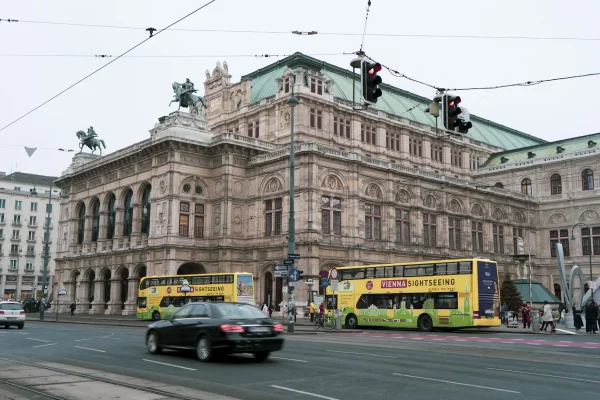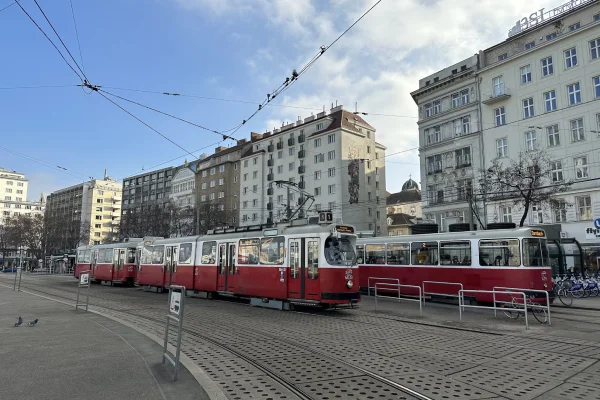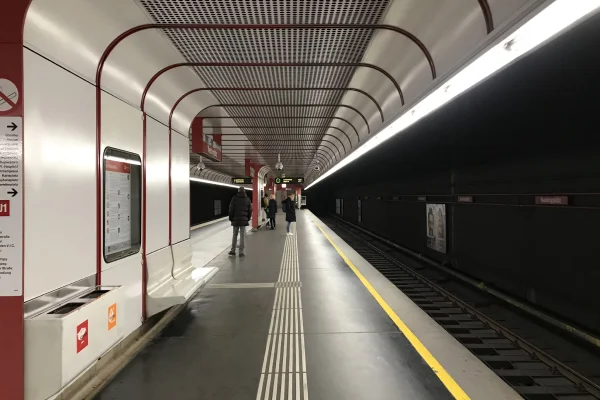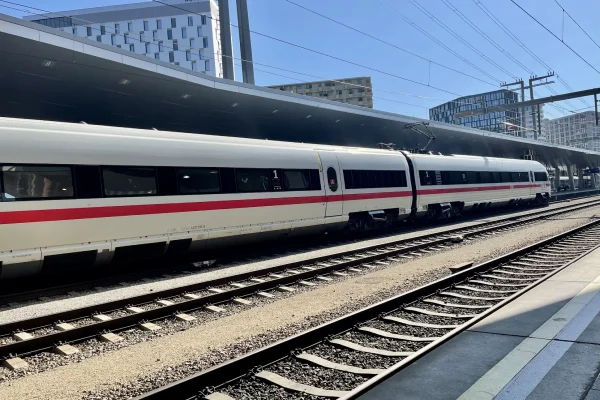Vienna’s public transport system, operated by Wiener Linien, is one of the most efficient and extensive in Europe. It includes buses, trams, and metro lines, offering comprehensive coverage of the city and its suburbs. The system is known for its punctuality and cleanliness, making it an ideal choice for both locals and tourists.
Tickets are valid across all modes of public transport, and you can purchase them at ticket machines, online, or via mobile apps. A single ticket is valid for one journey in one direction, while 24-hour, 48-hour, and weekly passes offer unlimited travel within the city. The Vienna City Card is another option, providing unlimited travel and discounts at various attractions.
The Vienna bus network complements the tram and metro systems by covering areas not accessible by other modes of transport. Buses are especially useful for reaching outlying districts and attractions. There are over 100 bus lines in Vienna, including several night bus services that operate when the metro and trams are not running.
Buses in Vienna are modern and comfortable, with electronic displays and announcements in both German and English. They run frequently during peak hours and less frequently during evenings and weekends, ensuring that passengers can rely on public transport at any time.


Vienna’s tram system, known as “Straßenbahn,” is one of the largest in the world, with over 30 lines covering the city. Trams are a popular choice for tourists, as they offer a scenic way to see the city’s architecture and landmarks.
The Ring Tram is a special service that runs along the Ringstrasse, a circular boulevard that encircles Vienna’s historic center. This route is perfect for sightseeing, as it passes by major attractions such as the Vienna State Opera, the Parliament Building, and the Museum of Fine Arts.
The Vienna metro, or “U-Bahn,” is the backbone of the city’s public transport system. With five lines and over 100 stations, it provides fast and efficient travel to all major areas of Vienna. The metro operates from early morning until midnight, with trains running every few minutes during peak times.
The U-Bahn is easy to navigate, with clear signage and announcements in both German and English. The central lines, such as the U1 and U3, are particularly useful for tourists, as they connect key attractions like St. Stephen’s Cathedral, Schönbrunn Palace, and the Prater.


Vienna’s train system connects the city with surrounding regions and international destinations. The city’s main train stations, such as Wien Hauptbahnhof and Wien Westbahnhof, serve regional and long-distance trains.
For local travel, the S-Bahn (suburban train) network is integrated with the metro and tram systems, offering convenient connections to Vienna’s suburbs and neighboring cities. The S-Bahn is a great option for exploring areas beyond the city center, such as the Vienna Woods or the picturesque towns along the Danube River.
VIENNA TOURIST INFORMATION
Vienna, the capital of Austria, is a city steeped in history and culture, offering visitors a blend of imperial grandeur and modern… see more
VIENNA TOURIST INFORMATION
Vienna, the enchanting capital of Austria, is a city rich in history, culture, and beauty. Known for its imperial palaces, vibrant arts scene… see more
VIENNA TOURIST INFORMATION
Vienna, the charming capital of Austria, is a city that enchants visitors year-round with its imperial architecture, rich cultural heritage, and… see more
